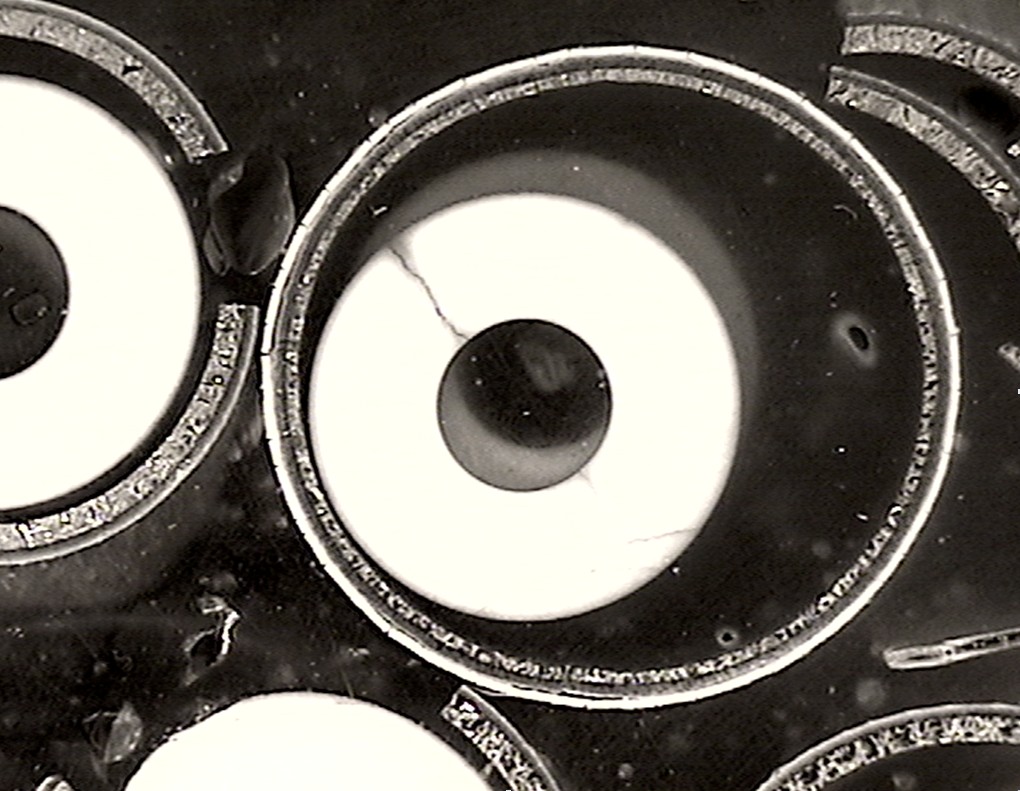Fuel Department
The scientists of the Fuel Department deal with the investigation of NPP fuel behaviour under normal operation, accidents and during storage of spent fuel.
Several experimental facilities are available in the department. High temperature furnaces are used for the investigation of oxidation, hydrogen-uptake, ballooning and embrittlement of zirconium claddings, and for the release and transport of fission products (first of all ruthenium). Integral tests with fuel bundles are conducted in the CODEX facility. Special facilities have been built for the execution of measurements on e.g. fretting of fuel rods, adsorption of fission products on fuel surfaces, development of container for the storage of damaged fuel, coolability of ballooned fuel assemblies.
Material examination equipments are also available in the department and they present significant capabilities in running of experimental programmes: scanning electron microscope, microprobe analyser, mass spectrometer, gas-chromatograph.
Numerical models are applied for the simulation of fuel behaviour. The FUROM code has been developed in out institute and is capable to simulate fuel behaviour under normal operation. The TRANSURANUS code can be applied for both steady state and transient conditions, our experts participates in the development and validation of this code. The FRAPTRAN code is used for the calculation of LOCA and RIA accidents in the NPP. The dry storage of spent fuel is calculated with the COBRA-SFS code.
Beyond the traditional fuel topics the experts of the department started to deal with the problems of spent fuel reprocessing.


ballooned fuel rods

